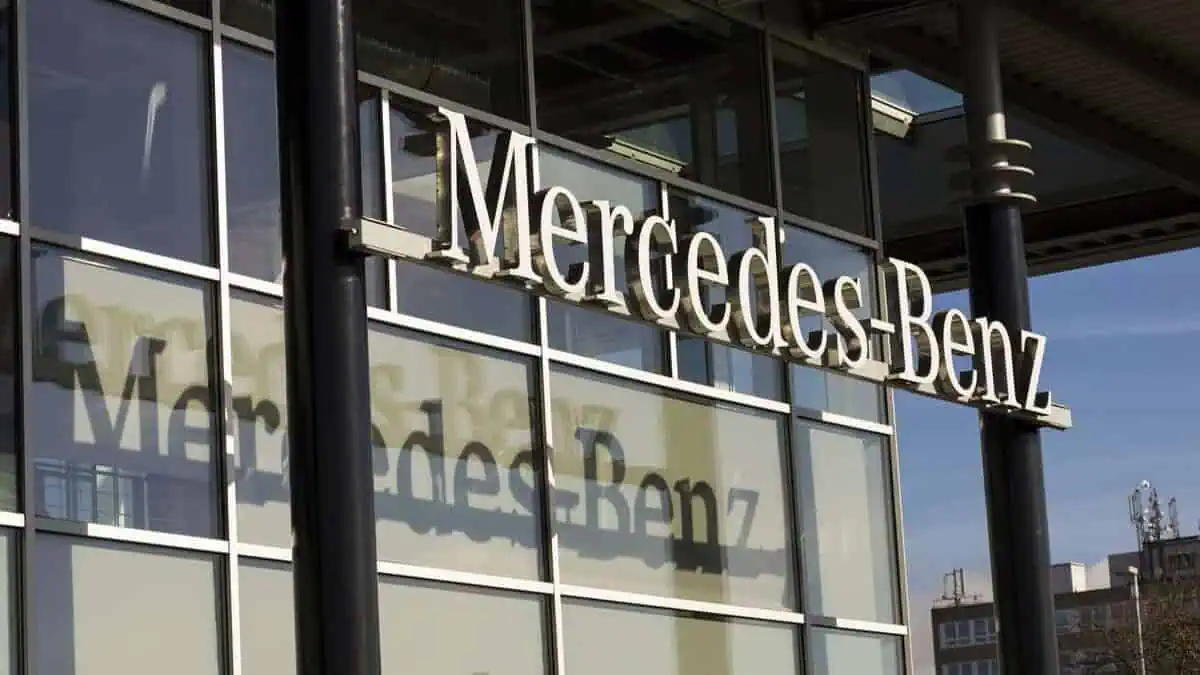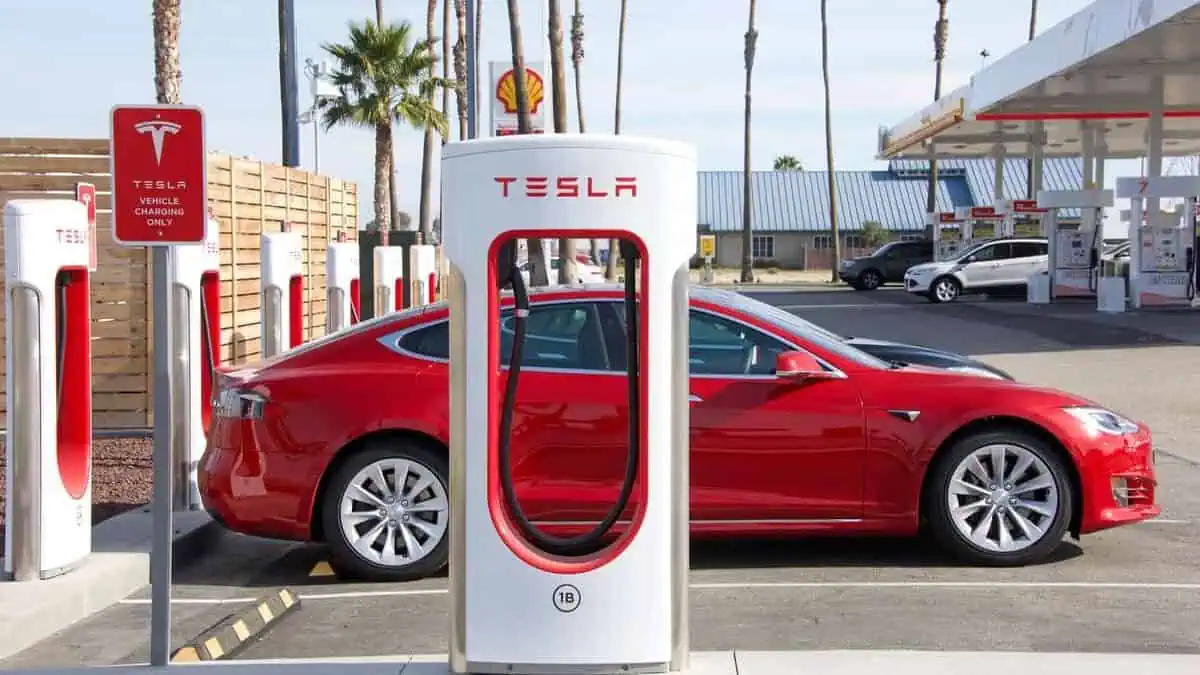Volkswagen and Mercedes-Benz, the German legacy automakers, recently signed an agreement with the Canadian government in battery materials push to shorten supply chains for their US facilities and avoid problems brought on by tariffs and tax regulations. This could also help EVs from VW and MB to qualify for the new tax credit under the recently signed bill, according to Electrek.
The Inflation Reduction Act was officially signed by President Biden just last week after a long discourse in Congress. Aside from the strict regulation that electric vehicles must be built in North America, this bill requires most EVs battery components to originate from North America, while certain raw battery materials percentage must come from the US or its free trade partners to qualify for the new tax credit.
Consequently, many EVs that were previously eligible are removed from the list, at least for now. As many automakers with US facilities modify their products to qualify for the new tax credits, there will certainly be added to the list.
In the presence of German Chancellor Olaf Scholz and Canadian Prime Minister Justin Trudeau, Volkswagen and Mercedes-Benz signed memorandums of understanding with Canada on Tuesday to gain access to raw minerals such as nickel and cobalt and lithium that are essential for the production of batteries.
This move is a significant strategy of Volkswagen Group to shorten supply chains to its US facilities and avoid certain tariffs and tax regulations. As per Volkswagen’s spokesperson, the partnership was greatly influenced by the newly signed bill. Its battery business PowerCo is set to elevate production in the US with its new “reliable and sustainable supply chains.” Furthermore, it is already planning to develop six facilities in Europe, while a new battery cell plant is long planned to be built in the US.
On the other hand, Mercedes-Benz Group has partnered with Stellantis to pursue expansion with eight new battery manufacturing facilities across the globe, while its plant in the US has already started manufacturing.






